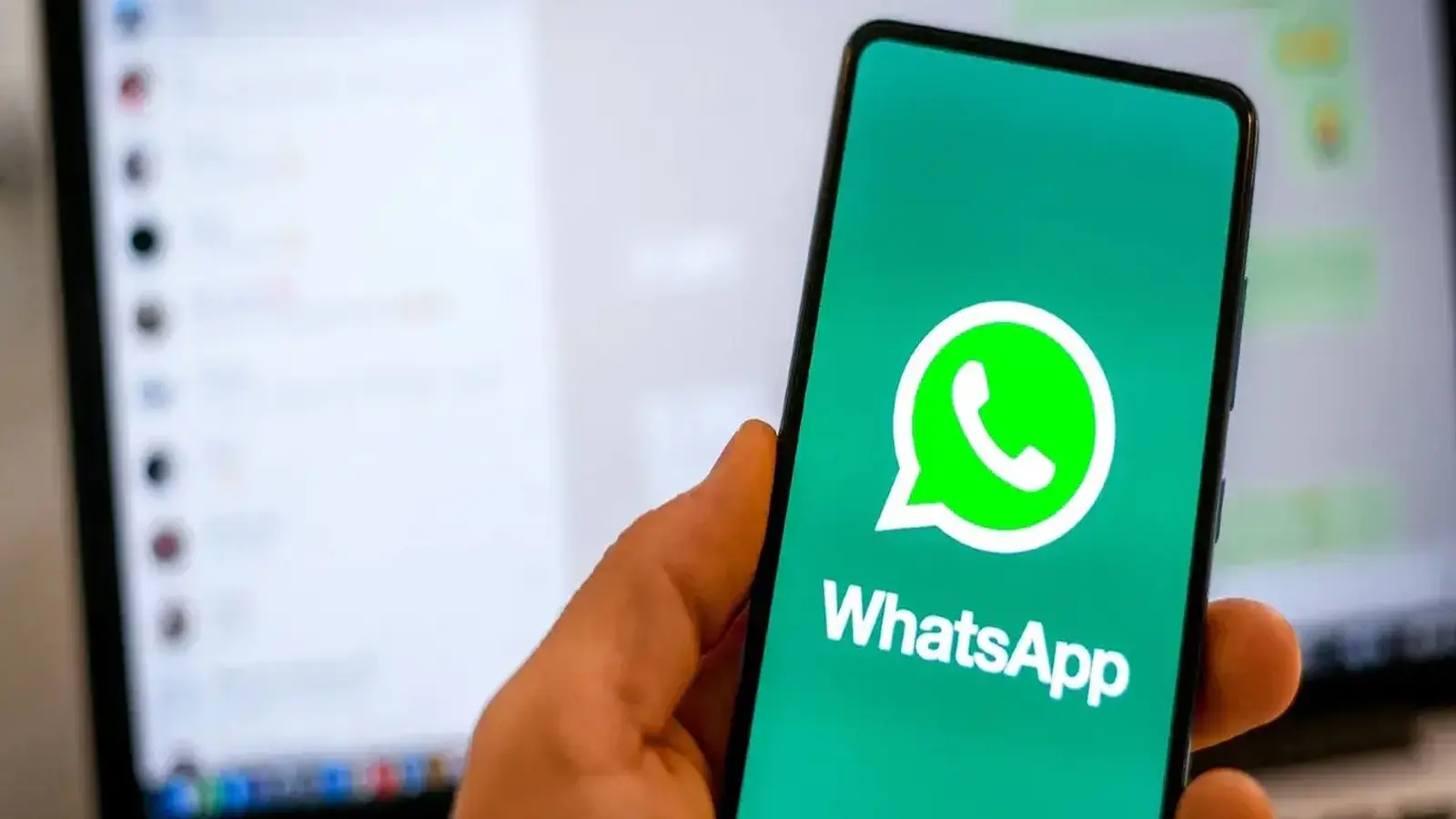3 Minutes
WhatsApp is preparing a sweeping change: from January 15, 2026, the messaging app will block public third-party AI chatbots — including ChatGPT, Perplexity and Poke — from operating via the WhatsApp Business API. Meta says the move aims to protect platform stability while it expands its own AI features across its services.
Meta doubles down on in-house AI on WhatsApp
Since launching Meta AI, the company has steadily embedded artificial intelligence capabilities into WhatsApp and its other social products. Those features were rolled out broadly, often without a clear opt-out option for users. Now Meta appears to be closing the door to external competitors that have integrated general-purpose chatbots into WhatsApp.
Who is affected — and who isn’t?
Under a quietly updated policy for the WhatsApp Business API, Meta will prohibit public AI chatbots from connecting to the messaging platform. That means third-party assistants and conversational tools that let users interact with models like ChatGPT or Perplexity inside WhatsApp must wind down their services on the platform.
- Examples named in reports include ChatGPT, Perplexity and Poke.
- Exceptions apply: businesses using AI strictly for customer-service flows — such as banks, e-commerce platforms, travel firms and healthcare providers — are excluded from the ban.

Meta’s reasons: stability, traffic and infrastructure
A Meta spokesperson told reporters that public AI chatbots generate heavy traffic and a dramatic increase in message volume, which places unusual demands on WhatsApp servers. According to the company, those loads require different support and infrastructure that WhatsApp's current backend is not ready to provide at scale.
Put simply: Meta argues the platform wasn’t built to handle widespread, real-time third-party AI usage without risking performance or reliability for regular users.
What this means for developers, users and competition
Developers who built chatbot experiences on top of the WhatsApp Business API will need to pivot or remove those integrations before the January 2026 enforcement date. For users, the change means fewer options for conversational AI inside WhatsApp — and a clearer split between Meta's own AI tools and outside alternatives.
The decision also raises questions about competitive fairness. By restricting third-party AI, Meta strengthens its control over how generative models appear inside one of the world's most used messaging platforms. Regulators and industry observers may scrutinize whether this move limits competition or locks users into Meta's AI ecosystem.
What to watch next
Expect technical and legal debates in the months ahead. Will third-party providers find workarounds, or will they shift to alternative channels and apps? Will businesses affected by the policy lobby for broader exceptions? For now, the calendar is clear: January 15, 2026 is the date when WhatsApp's new Business API policy takes full effect.
As AI features proliferate across social apps, platform-level choices like this will shape which assistants we use daily — and which companies control the AI experiences behind our messages.


Leave a Comment